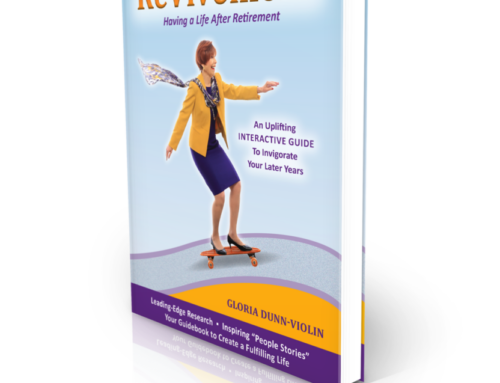Memory loss is one of the top fears people have as they age. It is one of the normal signs of aging, and does not mean we’ve lost the battle to dementia.
There are several ways to keep our brains active and sharp.
One of the key components of a memory-saving program is to keep the rest of your body healthy. Many medical conditions—from heart disease to depression—can affect your memory. Staying physically and mentally active turns out to be among the best prescriptions for maintaining a healthy brain and a resilient memory, as written in Improving Memory: Understanding Age-Related Memory Loss, Harvard Health Publications, 2012.
There are a multitude of opportunities to keep our brain healthy and functioning:
- Ongoing learning. Expanding your mind helps expand your life. Taking advanced classes, read,
- Challenge your brain with mental exercises: scrabble, sudoki, crossword puzzles. Seek to learn something new instead of repeating the same activity over and over.
- Regular aerobic exercise stimulates the long-term health of your brain—walk, bike, hike, play tennis or ping pong or another sport.
- Get adequate sleep so your rested brain is prepared for its next challenge.
- Use all of your senses to stimulate your brain. Smell, see, touch, listen,
- Stay mentally active by working, creating, and learning a new skill.
- Repetition – repeat what you want to remember. Especially the most important items.
- Be aware of what you are doing and your surroundings – don’t let a busy mind distract you from the present.
- Stay physically active, having good social connections, participate in your community through volunteer work.
- Limit alcohol to one drink a day, do not smoke, maintain a healthy weight, and eat a balanced diet low in saturated and trans fats.







